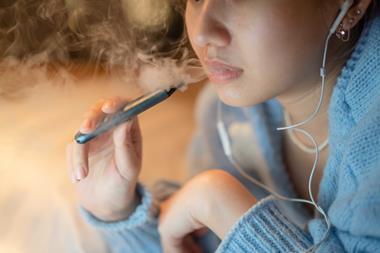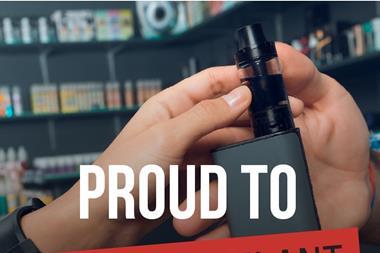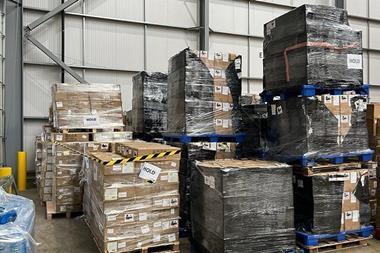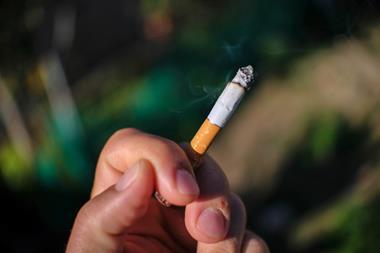Imperial Brands calls for more targeted vaping regulation
By Sarah Britton2023-12-15T10:35:00

Source: GettyImages_Credit Lilit Amirkhanian
The firm wants to prevent youth access and the rise of illicit vapes
ALREADY HAVE A REGISTERED USER ACCOUNT? PLEASE LOG IN HERE
To read the full story join the ConvenienceStore.co.uk community today!
Registration is quick and easy and provides access to:
- Unlimited ConvenienceStore.co.uk articles
- Our great range of newsletters
- Content you’ve saved for later via the ‘my library’ feature
And much more…
Related articles
More from News
Unlimited Access + Newsletters
Register today to gain unlimited access to articles and to receive our great range of email newsletters.






























